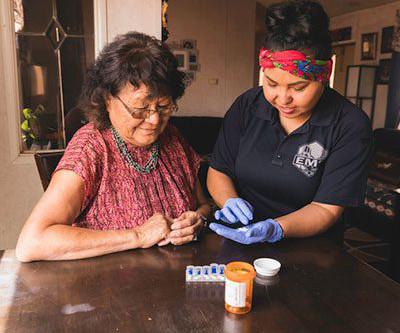NASW Observes Posttraumatic Stress Disorder Month
Social Work Blog
MAY 25, 2022
Learn a combination of diagnosis and interventionist tools of dissociation to consider when engaged in treatment of populations of color. This publication from the Substance Abuse and Mental Health Administration provides valuable tools to help people during these challenging times. Dynamics of Abuse .




















Let's personalize your content